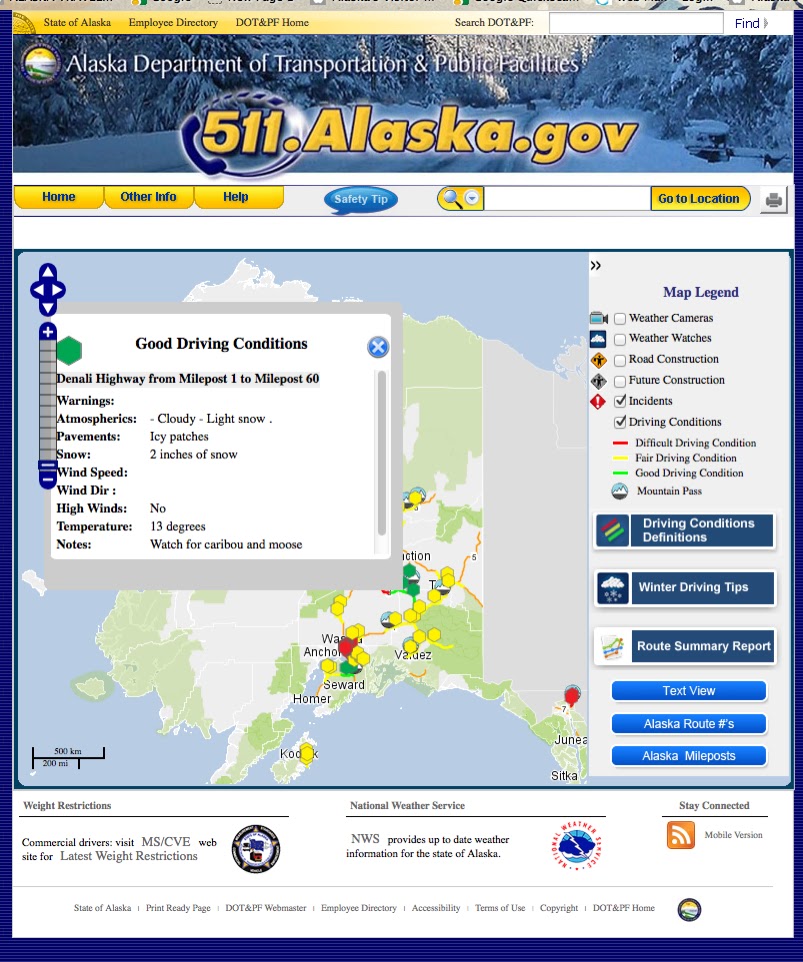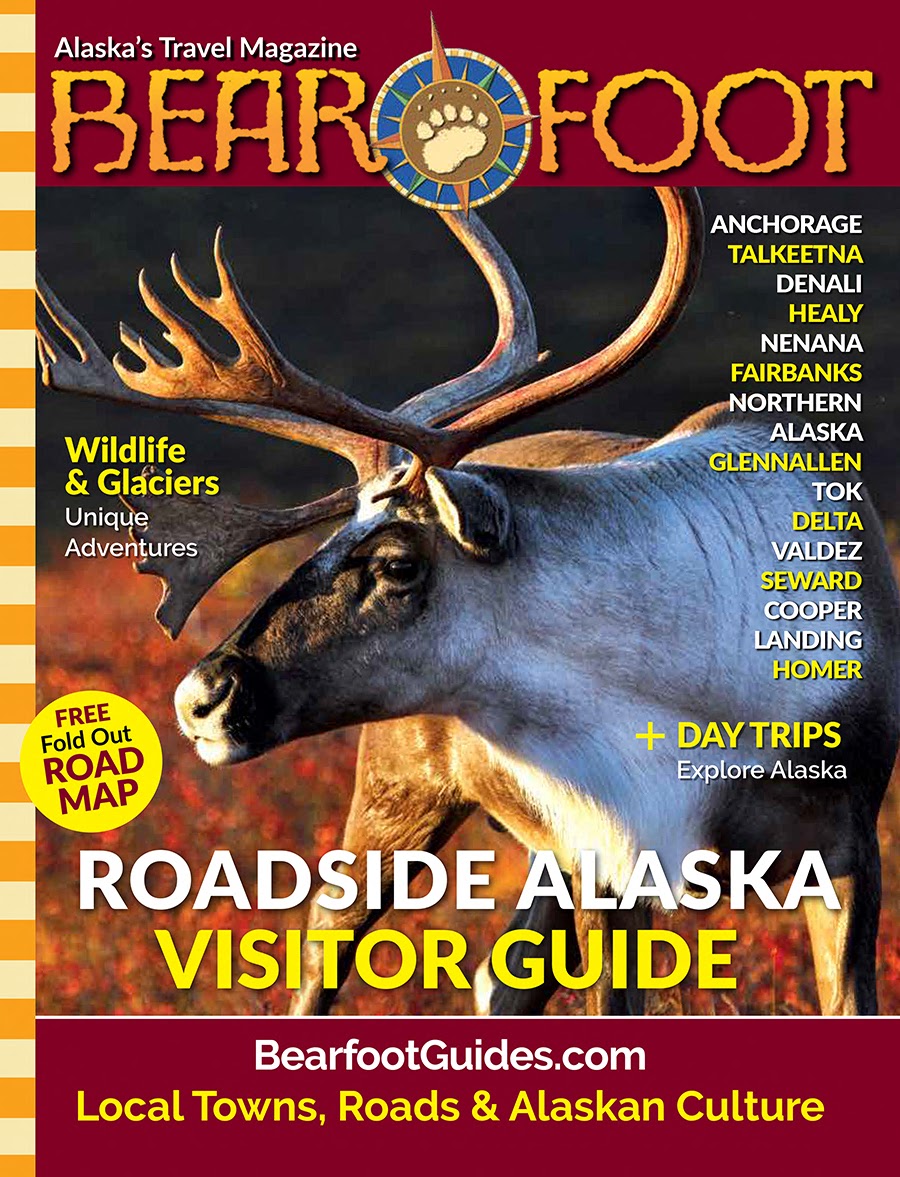"Alaska Cannot Survive The Big Beautiful Bill" Say Giessel (R) & Edgmon (I) As Senate Debate Nears
FROM THE ALASKA BEACON Alaska becomes a focus of last-minute changes to big federal bill, as U.S. Senate nears debate In the runup to the...
- FROM THE ALASKA BEACON
Alaska becomes a focus of last-minute changes to big federal bill, as U.S. Senate nears debate
In the runup to the Senate floor session, Alaska health care experts said proposed cuts to Medicaid and food aid would will devastate Alaska by ending access to care for thousands of Alaskans and cutting $300 million from the economy
The U.S. Senate is nearing debate on a wide-ranging bill that includes a series of last-minute changes that would uniquely offset or exempt some of its costs for Alaska.
The changes highlight the importance of the votes of each Republican senator — including those of Alaska Republicans Lisa Murkowski and Dan Sullivan — to advance the bill, named the “One Big Beautiful Bill Act,” after its description by President Donald Trump. It includes much of Trump’s agenda, and is advancing under special reconciliation rules.
In the days leading up to any floor votes, Alaska health experts said cuts to Medicaid and food stamps in the bill would devastate Alaska health care providers, patients and the broader state economy connected to health spending. Medicaid is the primary health program for lower-income Americans, and pays for long-term care for a broad swathe of families. More than 231,000 Alaskans were enrolled in May.
Murkowski and Sullivan have expressed support for provisions of the bill that seek to increase oil and gas production in the state, though Murkowski has criticized proposed cuts to health care and nutrition funding. It’s not clear how each would vote on a final bill.
An updated 940-page version of the bill was released on Friday evening. It includes a variety of changes that would distinctly affect Alaska and, in some cases, Hawaii.
As reported by States Newsroom and the New York Times, these changes include:
- a tax exemption for fishers in Western Alaska;
- an increase in amount of expenses like exploding projectiles that whaling captains can deduct, from $10,000 to $50,000;
- an increase in the share of Medicaid costs paid by the federal government by 25% for Alaska and 15% for Hawaii;
- allowing the Alaska and Hawaii state governments to request an exemption from a work requirement for Supplemental Nutrition Assistance Program recipients;
- a two-year exemption for Alaska and Hawaii from paying a higher share of SNAP expenses; and
- an increase in payments to certain providers for services in Alaska and Hawaii through Medicaid, the insurance program for people 65 and older, as reported by the New York Times.
Alaska providers and advocates had expressed alarm
Before the latest revision, Alaska health care providers and advocates said they were alarmed by the cuts to Medicaid in the bill.

While the bill’s drafters aim for the Medicaid cuts to save money, they will be costly to Alaska, said Emily Nenon, Alaska government relations director for the American Cancer Society Cancer Action Network. She spoke at a news conference held by provider and advocacy groups on Wednesday.
“We need people to have access to health care before they need it … because outcomes are better, because we have a healthier workforce,” Nenon said.
Nenon said the primary way people would lose access to Medicaid is by requiring them to report that they are working. She pointed to research showing that many who work or are eligible for other exemptions will lose access to Medicaid because they don’t meet the reporting requirement.
“It’s not about whether people are working, most people that are going to be subject to these work reporting requirements are working,” she said. “It’s a matter of having another hoop to jump through.”
Nenon also noted the importance of Medicaid to the economy.
Alaska had 2,900 fewer employed residents in May than it had a decade earlier, in May 2015. Most industries contracted in that time, but health care grew by 7,900 jobs, more than any other industry by a significant margin.
Nenon said Alaska can’t afford the 3,000 lost jobs estimated by ISER, adding that having more people with untreated conditions or delayed treatment will also lead to fewer people being able to work.
Rachael Miller, chief advocacy officer for the Food Bank of Alaska, expressed concern on Wednesday that shifting costs for the Supplemental Nutrition Assistance Program onto the state government would present problems in Alaska, where the state government is already struggling with the state budget and with administering SNAP. She expressed concern about the combined effect of SNAP and Medicaid cuts on families.
“So we know that food is often the most flexible line in a household budget,” she said. “We know that people do sometimes — they can’t afford their prescription, they cut their nutrition budget, because they have to afford their meds, they have to rent and they have to pay their heat.”
Also on Wednesday, Petersburg Medical Center CEO Phil Hofstetter said the Medicaid cuts would require the hospital to focus more on meeting bureaucratic requirements. And he said reduced payments would lead to cuts to services and staffing.
“I just don’t understand the premise of these cuts improving health care when the highest cost of health care comes in through medevacs, ERs, and inpatient stays,” all of which would be increased by requiring people to wait longer for health care by reducing Medicaid, Hofstetter said. “We know that prevention is a much less costly avenue for health care, and it’s better for our patients in general.”
Dr. Casey Gokey, chief medical officer of Anchorage Neighborhood Health Center, noted estimates that up to 27,000 Alaskans could lose access to health care.
“On paper, these work requirements might sound simple, but in practice they create a maze of paperwork and confusion,” Gokey said. “Many of our patients seasonal jobs, gig jobs, hourly jobs — jobs that don’t fit neatly into eligibility boxes. They miss a deadline, they get caught in red tape and suddenly, they’re uninsured.”
Gokey said she saw a cancer patient this week who delayed care because she couldn’t afford it. She applied for Medicaid months ago, but the application is still being processed, and the patient showed signs that the cancer may have spread, Gokey said.
“This is not a one-off story,” she said. “This is a reality of what delayed care looks like.”
Fairbanks resident Kristen Lindsay, currently working as a sea kayak guide in Seward, said Medicaid helped her survive cancer. She was otherwise uninsured when she was diagnosed with breast cancer from an MRI she received on her 34th birthday. With Medicaid, she was able to have three surgeries to remove the cancer, radiation treatment and medication.
Lindsay then got a part-time job, without health insurance, but still had Medicaid. She’s grateful she didn’t have to spend time proving she was working while she was focused on getting better.
“You don’t want to think about, ‘Can I afford this or should I get something less done because I can afford that?’” she said. She noted that seasonal work is common in Alaska, and Medicaid helps fill the gaps.
Attention turns to senators
Health care providers and patient advocates haven’t been the only ones asking Murkowski and Sullivan to reject Medicaid and SNAP cuts.
Alaska Senate Majority Leader Sen. Cathy Giessel, R-Anchorage, and Speaker of the House Bryce Edgmon, I-Dillingham, wrote a commentary for the New York Times published Friday with the headline “Alaska Cannot Survive the Big Beautiful Bill.”
“We fear that if this bill passes, a village in rural Alaska might lose its one and only grocery store because of a drastic decline in SNAP dollars,” Edgmon and Giessel wrote. “It might also lose its sole health care clinic or hospital because it cannot sustain its services with decreased Medicaid reimbursements. The reconciliation bill does not take into account the uniqueness of Alaskan lifestyles and geographic remoteness.”
While the Medicaid and SNAP provisions were the focus of attention for some, the state’s governor focused on other aspects of how the bill would affect Alaska.
Gov. Mike Dunleavy highlighted those aspects on social media on Friday. He noted that the bill would direct 90% of Cook Inlet oil gas lease bonuses, rents and royalties to the state starting in 2035; require four federal oil lease sales in the Arctic National Wildlife Refuge coastal plain; direct 50% of ANWR receipts to the state until 2034, and 90% from 2035 on; ease other mineral leasing restrictions and require the Bureau of Land Management to hold quarterly lease sales; and target more than $4 billion for “investments in shore facilities,” including $300 million for the homeporting of a polar icebreaker.
Despite the Medicaid cuts, the bill would raise the national debt by $4.2 trillion, according to the latest estimate by the nonpartisan Committee for a Responsible Federal Budget — though the official cost is 90% lower, after Senate leaders made accounting for it differently than previous bills. They did that by excluding an extension of $3.8 trillion in tax cuts that Republicans want to make permanent.
















